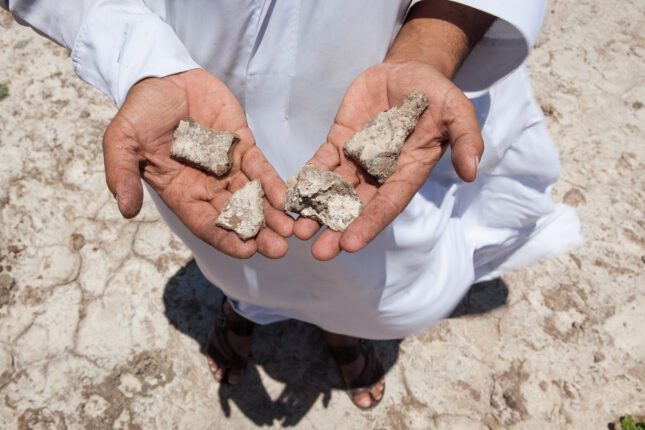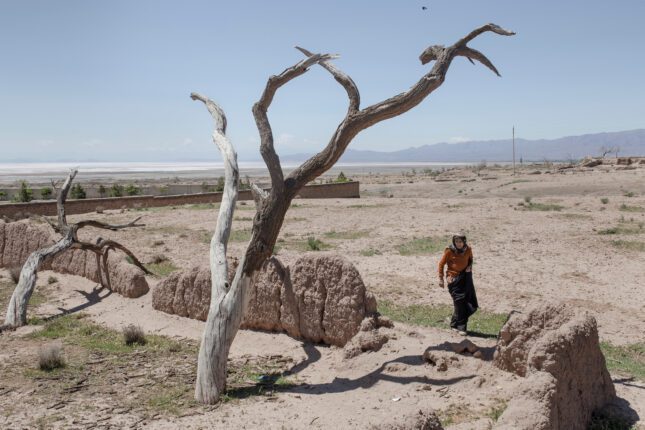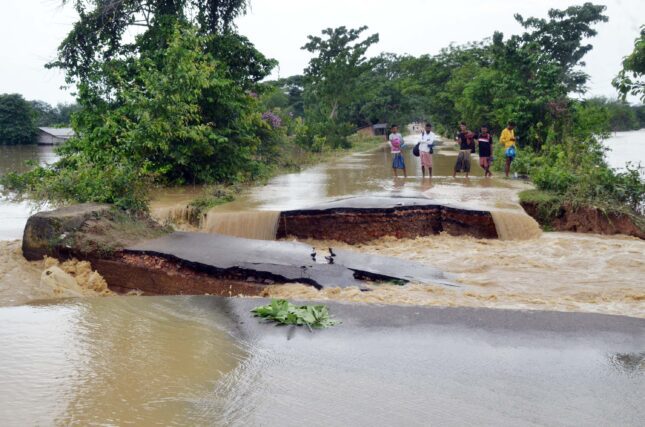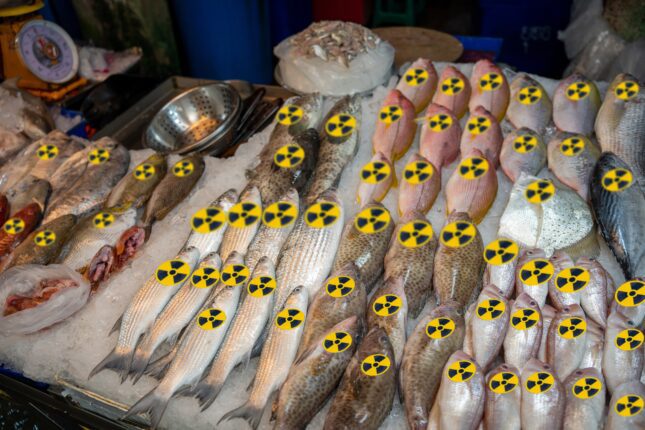-
ECSP Weekly Watch | February 5 – 9
›A window into what we are reading at the Wilson Center’s Environmental Change and Security Program
El Niño and Global Warming’s Shared Impact on Chile and California (New York Times)
Devastating wildfires have killed over 120 people in Chile, where a decade-long drought has created extreme fire weather conditions. While the country has experienced wildfires for years, a recent study found that unusually warm ocean temperatures created by El Niño have combined with climate-fueled droughts and heat waves to contribute to the wildfires now raging.
-
Weakened Infrastructure and Climate Change: The Threat to Water Security in Nineveh
›
Iraq is incredibly vulnerable to the impacts of climate change. Temperatures are increasing, rainfall is decreasing, and the country experiences prolonged periods of drought. These conditions, as well as the destruction of wells and irrigation systems in the Islamic State’s (IS) targeted 2014-2017 campaign to destroy agricultural livelihoods, have created a growing water problem in Iraq’s Nineveh Plains. Indeed, water levels there have dropped low enough to subject crops to drought stress, endangering drinking water systems and affecting the ability to grow crops and raise livestock.
-
ECSP Weekly Watch | January 22 – 26
›A window into what we are reading at the Wilson Center’s Environmental Change and Security Program
World Groundwater Levels Face Accelerated Decline
Courtesy of Reuters, Reported by David Stanway and Edited by Tomasz Janowsk
Nature recently released a report revealing that global groundwater levels have undergone a widespread and accelerated decline over the past 40 years. Researchers concluded that this has likely occurred as a result of the impact of two factors: unsustainable irrigation practices in dry climates and drought driven by climate change.
-
Water, Corruption, and Security in Iran
›
This past summer was the hottest on record, bringing devastating impacts to many global communities. Iran was one of many nations that faced both debilitating heat and the subsequent water stress.
While Iran’s problems received significant media attention this year, water scarcity in the country is not a new problem. For decades, corruption and poor planning have plagued Iranian water policy, with impacts falling upon its increasingly disadvantaged provinces and, ultimately, on its ethnic minorities. Poor water policy also has contributed to an increasing number of cross-border disputes.
-
ECSP Weekly Watch | January 15 — 19
›
A window into what we are reading at the Wilson Center’s Environmental Change and Security Program
The Worsening Environmental Impact of the War in Gaza
The Gaza Strip has long been uniquely vulnerable to the climate crisis, with rapid temperature increase and decreasing rainfall plaguing this whole region. Even prior to the current conflict, NGOs in the region and the UN have warned that climate change would be devastating, particularly for food and water security in the Gaza Strip and West Bank.
-
Before the Flood: Lessons from Attempts to Predict Displacement
›
Severe flooding is a major cause of human displacement. According to the latest annual report by the International Displacement Monitoring Centre, around 61 million people were forced to move within their country of residence during 2022 due to conflict or disasters. More than one quarter of these—19.2 million people—were displaced by floods.
-
“Radioactive Fish” and Geopolitics: Economic Coercion and China-Japan Relations
›
On the same day Japan began wastewater releases from the Fukushima nuclear power plant in late August 2023, the website of China’s customs agency announced the country would “completely suspend the import of aquatic products originating from Japan.”
-
ECSP Weekly Watch | December 18 – 22
›
A window into what we are reading at the Wilson Center’s Environmental Change and Security Program
Severe Water Crisis in Gaza
As intensive coverage of the war in Gaza has waned, the severe water crisis there has only worsened. Constant bombardment is impacting water production and distribution networks, forcing children and families are using water from unsafe sources.
Showing posts from category water.









